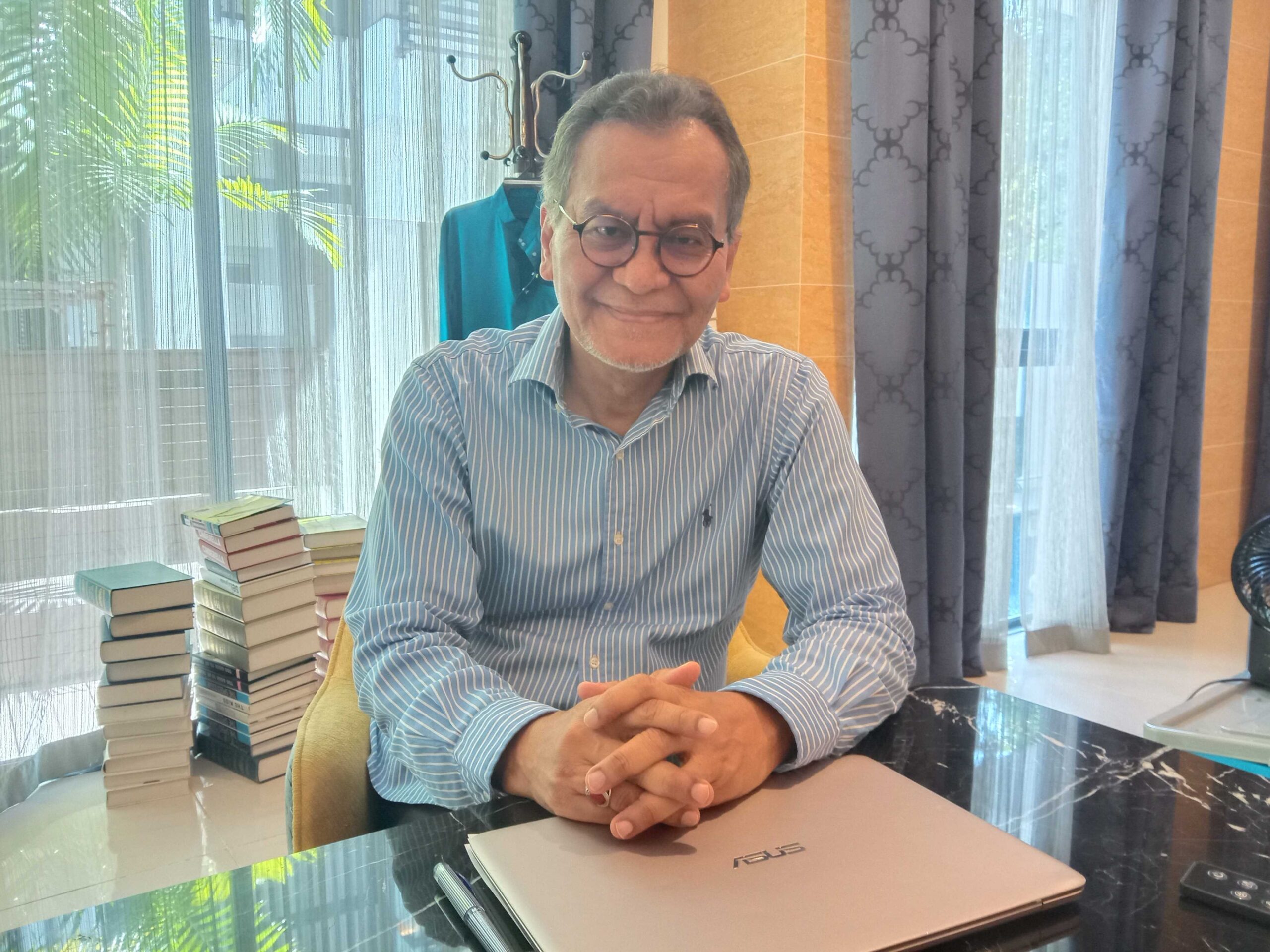PUTRAJAYA, Jan 25 – Malaysia’s first Covid-19 cases were reported on January 25, 2020. Two years later, the coronavirus epidemic swelled to a cumulative 2,832,945 cases and 31,892 deaths by January 24.
That is equivalent to nine cases per 100 people and one death per 1,000 population in the country, with the highest per capita fatalities recorded in the Klang Valley and Labuan at 1.5 deaths for every 1,000 people each.
According to global data tracker Our World In Data, Malaysia reported the highest Covid-19 deaths per one million people in the ASEAN region as of January 21.
Malaysia registered 972.32 deaths per one million people — the highest death rate per capita in the region compared to Indonesia (521.78), the Philippines (480.06), Vietnam (367.88), Myanmar (352.30), Thailand (314.78), Brunei (221.95), Cambodia (177.91), Singapore (155.13) and Laos (70.20).
Dzulkefly Ahmad was the health minister under the Pakatan Harapan (PH) administration when Covid-19 was first discovered in Malaysia exactly two years ago on January 25.
However, he lost his job in a little over a month after the Covid-19 pandemic started, when the PH government was overthrown in the Sheraton Move and Perikatan Nasional (PN) assumed federal power on March 1, 2020, under then-Prime Minister Muhyiddin Yassin.
Dr Adham Baba was appointed health minister in the PN government, but he was replaced by Khairy Jamaluddin in late August last year by Prime Minister Ismail Sabri Yaakob.
Khairy came into office just after Covid-19 peaked in Malaysia, but he was put in charge of Covid-19 vaccination in February 2021, when he was the then-science, technology and innovation minister.
“Retrospectively, revisiting all these issues, I have no qualms to say that we could have surely done better,” Dzulkefly said in an exclusive interview with CodeBlue in conjunction with the second anniversary of Malaysia’s Covid-19 epidemic.
Dzulkefly, who headed Selangor’s public health response during the epidemic as the Selangor Task Force Covid-19 (STFC) chairman, said he would have automated the Find, Test, Trace, Isolate and Support (FTTIS) surveillance system, and leverage on technology way earlier, if he was still health minister throughout the pandemic.
The Kuala Selangor MP highlighted the less-than-effective FTTIS surveillance system as one of the weakest links in the current and former efforts by the Ministry of Health (MOH) in combating Covid-19.
“We would really like contact tracing to be automated and that sharing of data, and allow a more whole-of-society approach, whole-of-nation approach as well as of course, government,” said Dzulkefly.
“Even within the government, they were working in silos to a large extent in the beginning; later on it was improved.”
Widespread use of cheap rapid antigen tests to detect Covid-19 was largely adopted only after Khairy became health minister, when infections were on the decline after the end-August peak.
For most of the pandemic, the MOH primarily used RT-PCR as the first-line test, even though test results were much slower — 24 to 48 hours for lab processing — leading to delays in diagnosis and quarantine and further spread of the virus by people who did not know they were infected.
When hospitals and labs were overwhelmed, RT-PCR test results took much longer.
Dzulkefly previously pointed out that RTK-Ag tests were not taken into account by the MOH to confirm Covid-19 cases, causing a delay in testing and contact tracing. In fact, he had also called on the government to carry out mass Covid-19 testing using RTK-Ag.
Dzulkefly told CodeBlue that Malaysia’s early Covid-19 pandemic response and strategies were slow, although later, the MOH ramped up the National Covid-19 Immunisation Programme (PICK) and established the Greater Klang Valley Special Task Force (GKVTF) to manage the Klang Valley’s Covid-19 crisis in mid 2021.
The Amanah lawmaker also highlighted the slow arrival of Covid-19 vaccines that delayed the vaccination process throughout the nation.
“I don’t want to be criticising my successors because many would have said that, you could have had that vaccine earlier. You know, there were preventable deaths, if I may use the word used by Public Health England — of how thousands of preventable deaths in the UK [could have been prevented], should they have put rigorous public health intervention measures, had they done it quickly.
“And ours, if there is anything to regret, was the slow arrival of our vaccine.”
The national Covid-19 vaccination programme began in late February 2021. Current Health Minister Khairy Jamaluddin previously told Parliament’s Public Accounts Committee that Singapore — which primarily uses an mRNA vaccine portfolio — procured jabs ahead of Malaysia because the wealthy city-state was able to sign advanced purchase agreements with vaccine developers before the publication of clinical data on vaccine effectiveness.
Nevertheless, Dzulkefly commended the fact that elderly people and those with underlying health conditions or non-communicable diseases were prioritised during the implementation of PICK.
As of yesterday, 78.7 per cent of the total population in Malaysia have been fully inoculated against the coronavirus, including 97.9 per cent of the adult population.
Besides that, more than 10 million booster shots have been administered as of January 24, with 46 per cent of adults and nearly a third of the total population boosted against Covid-19.
Recently, the MOH announced that Malaysia will begin vaccinating children aged five to 11 against Covid-19 from February 3, under the PICKids programme that prioritises children with underlying conditions.








